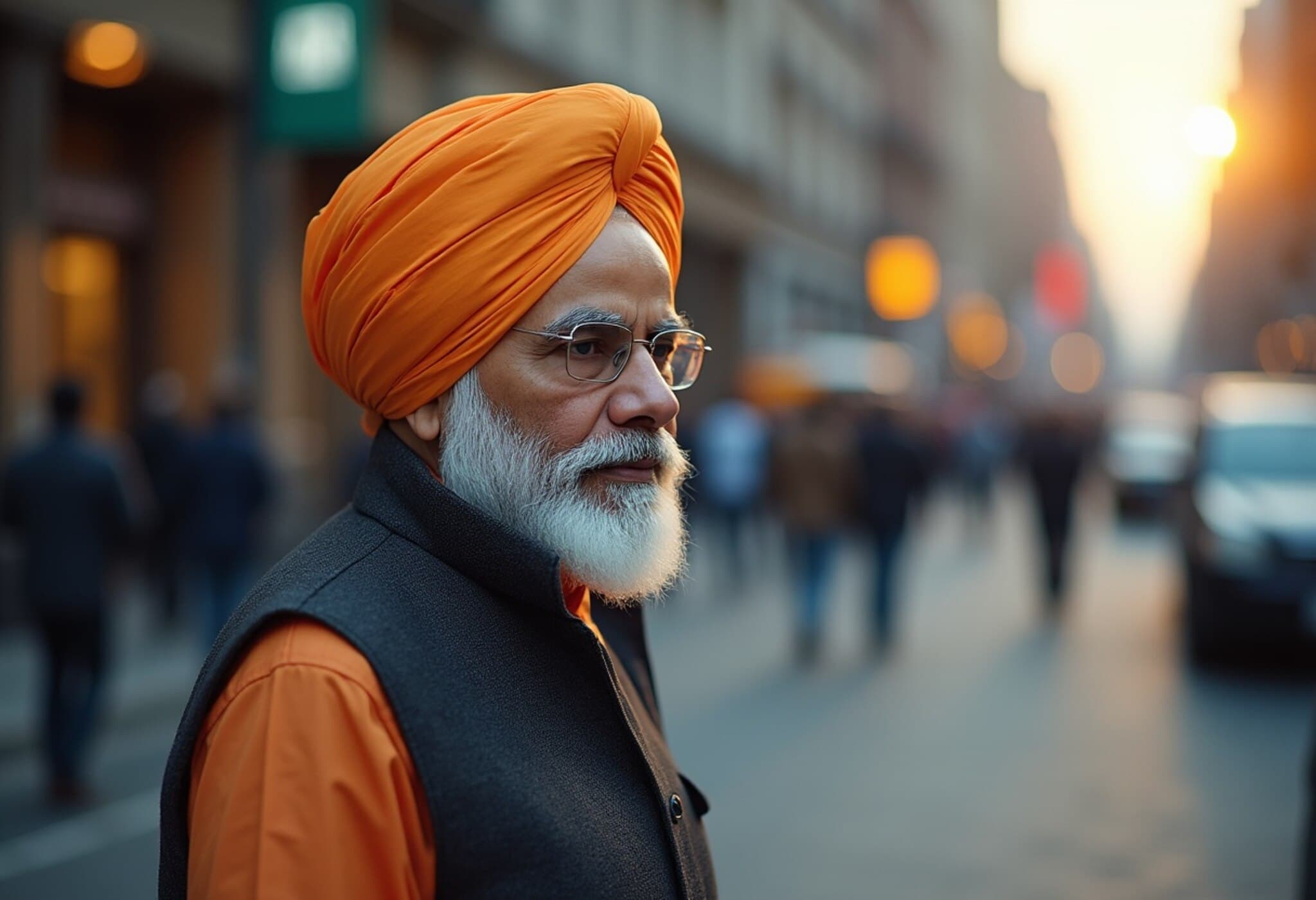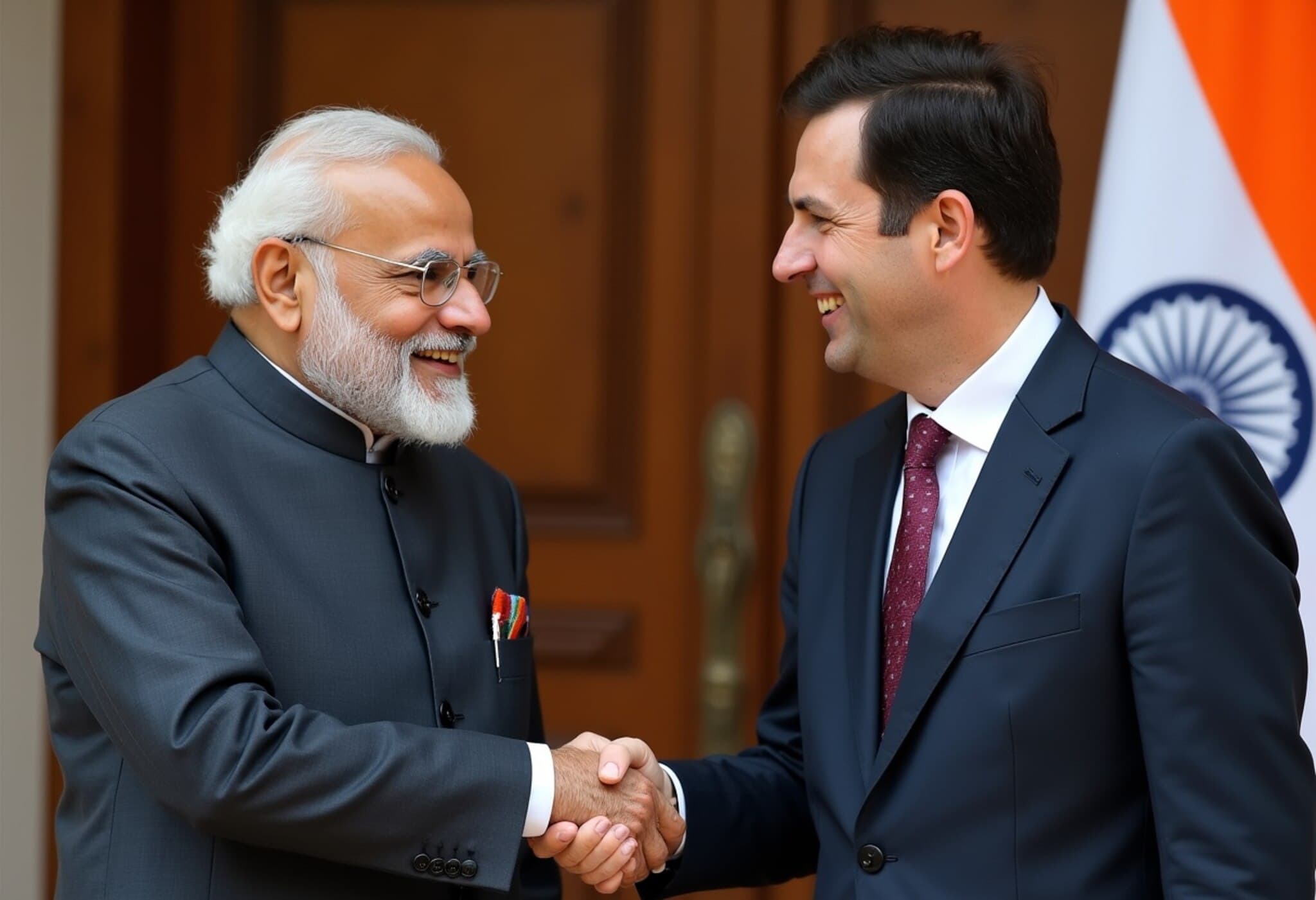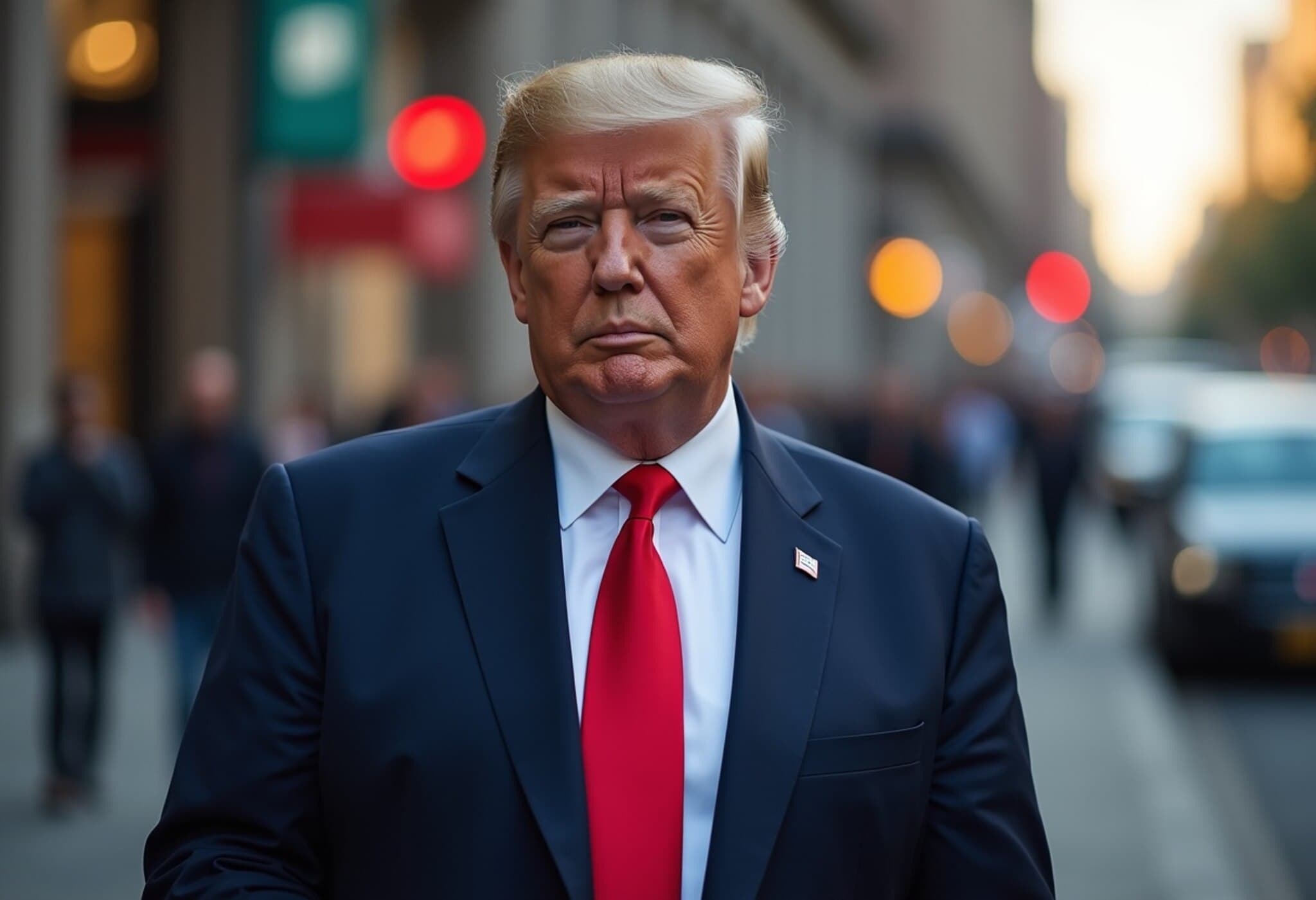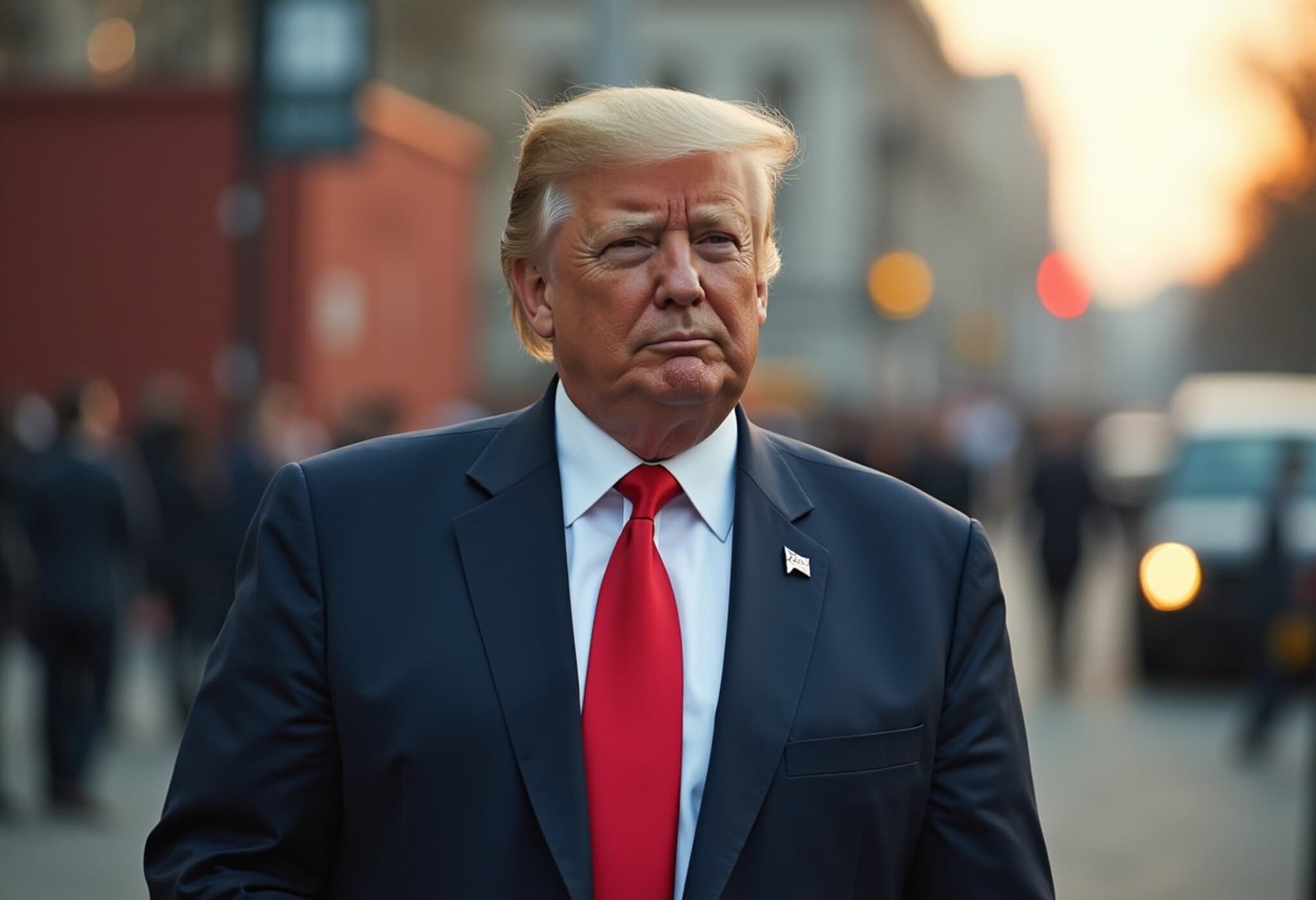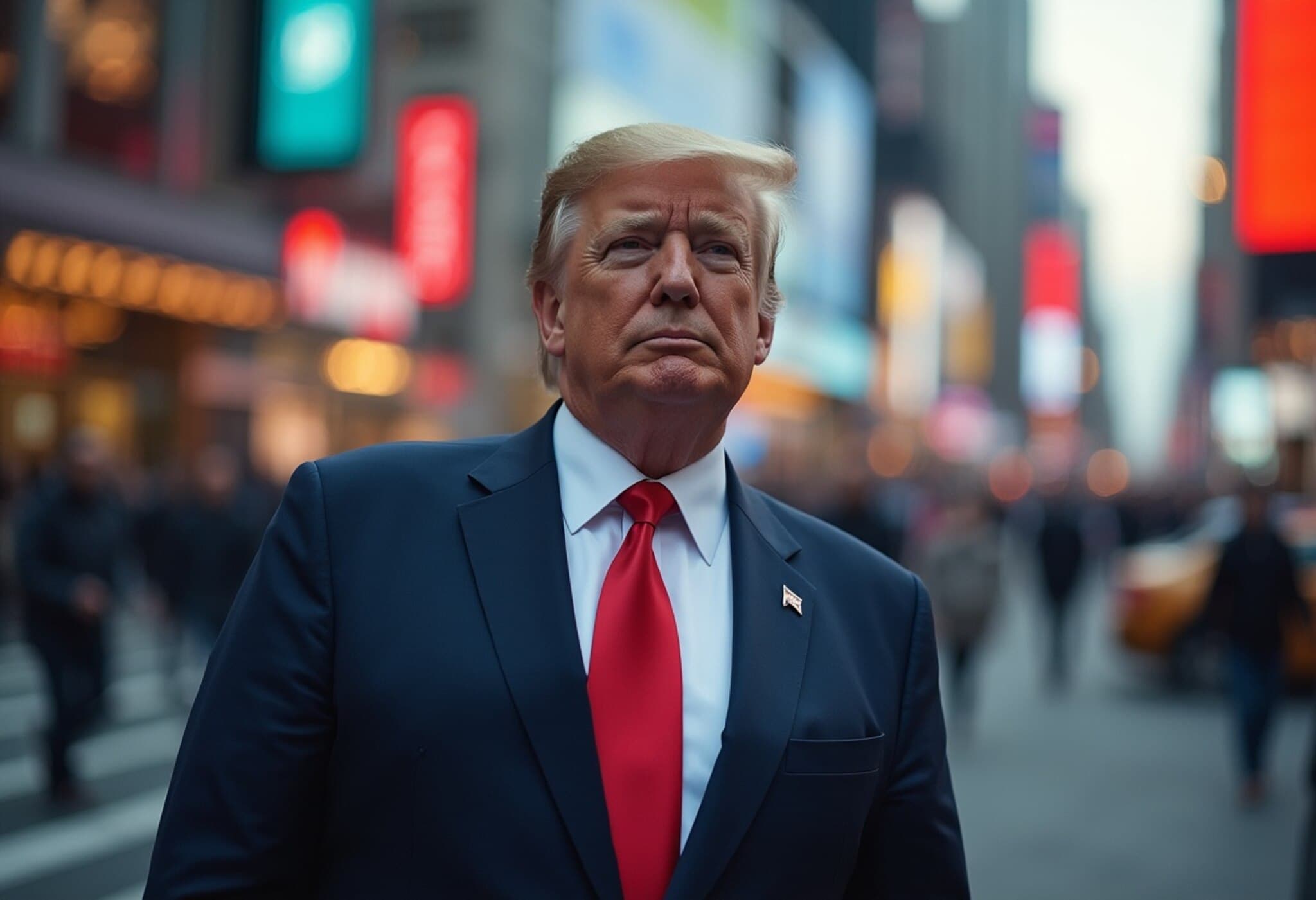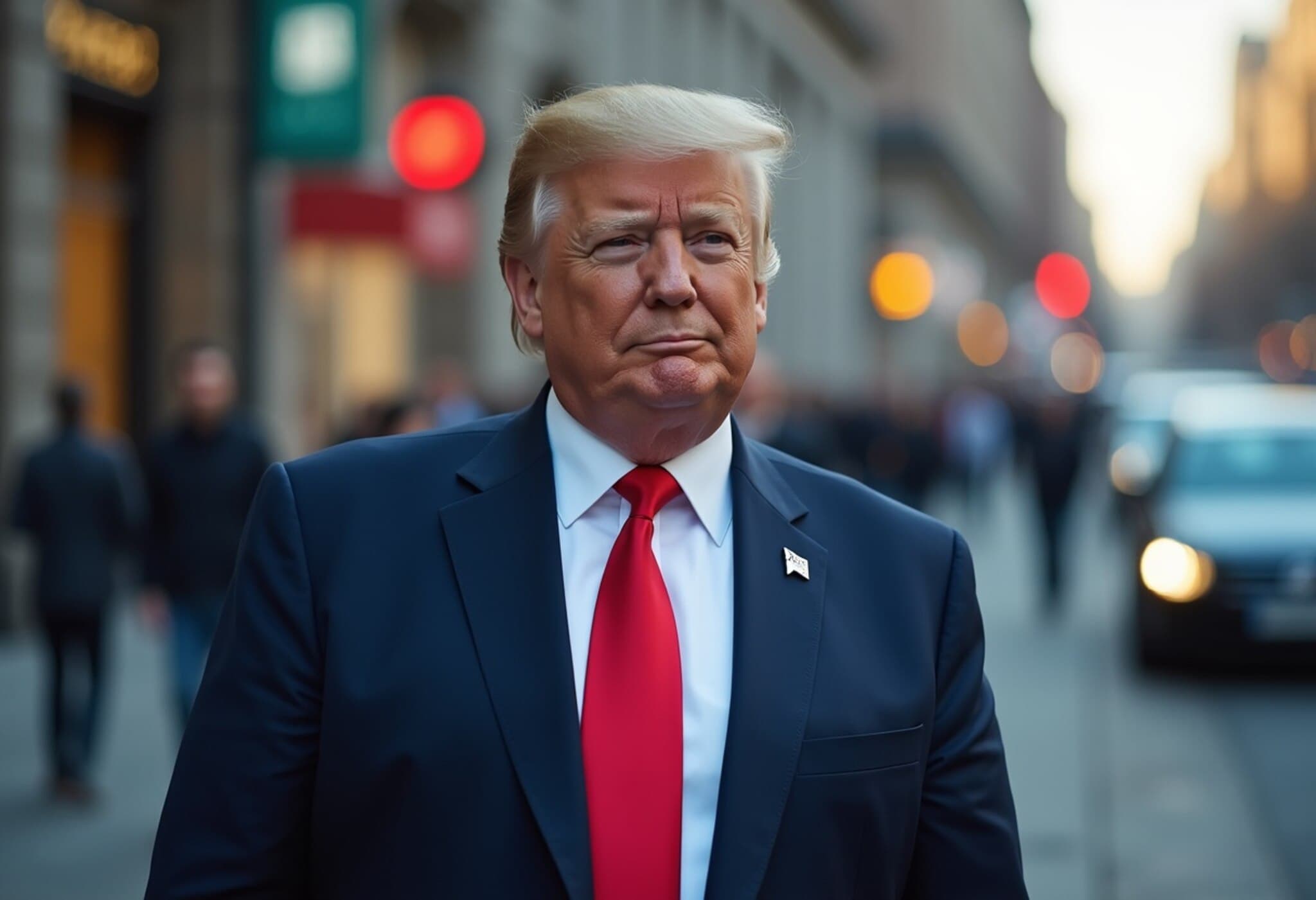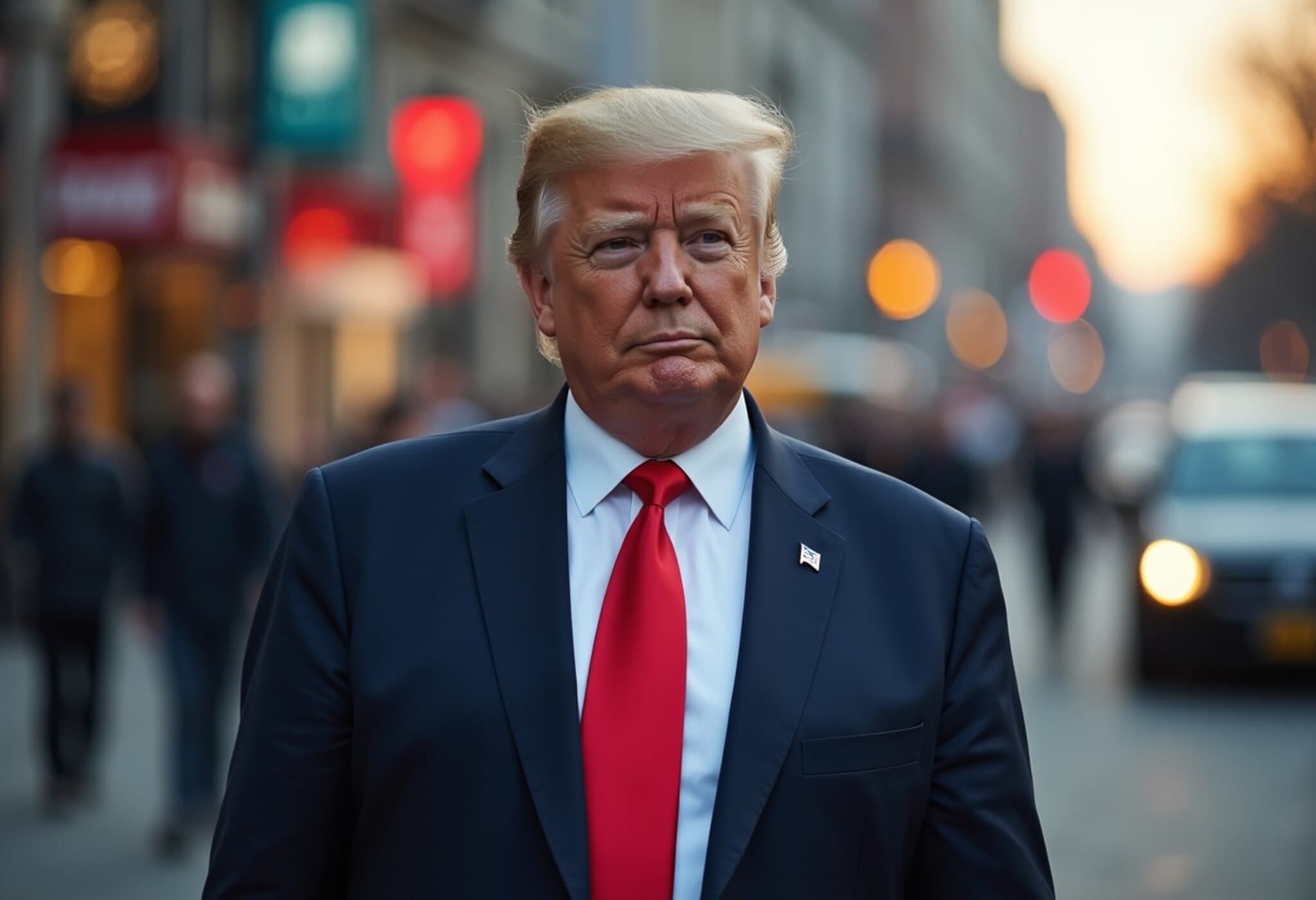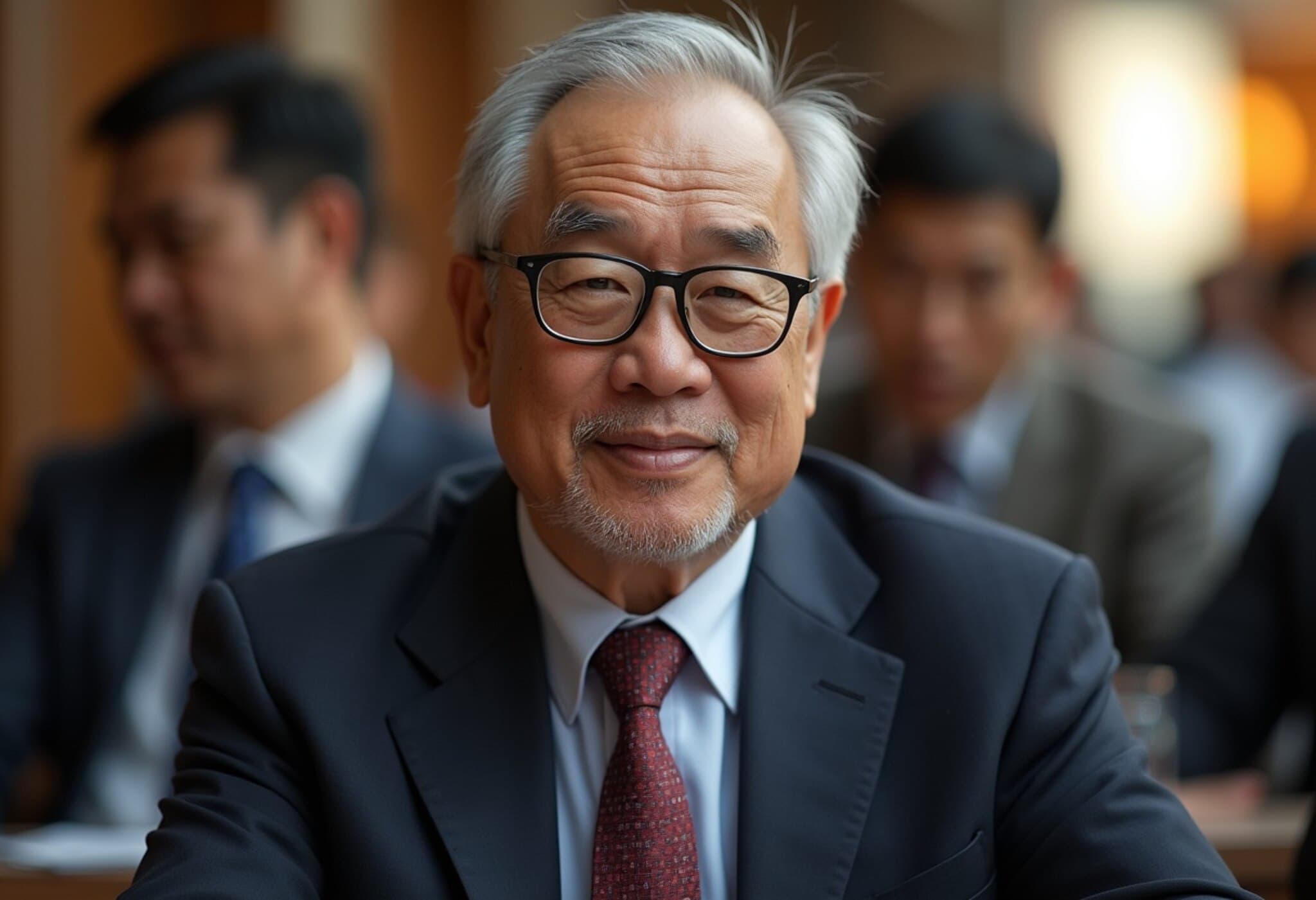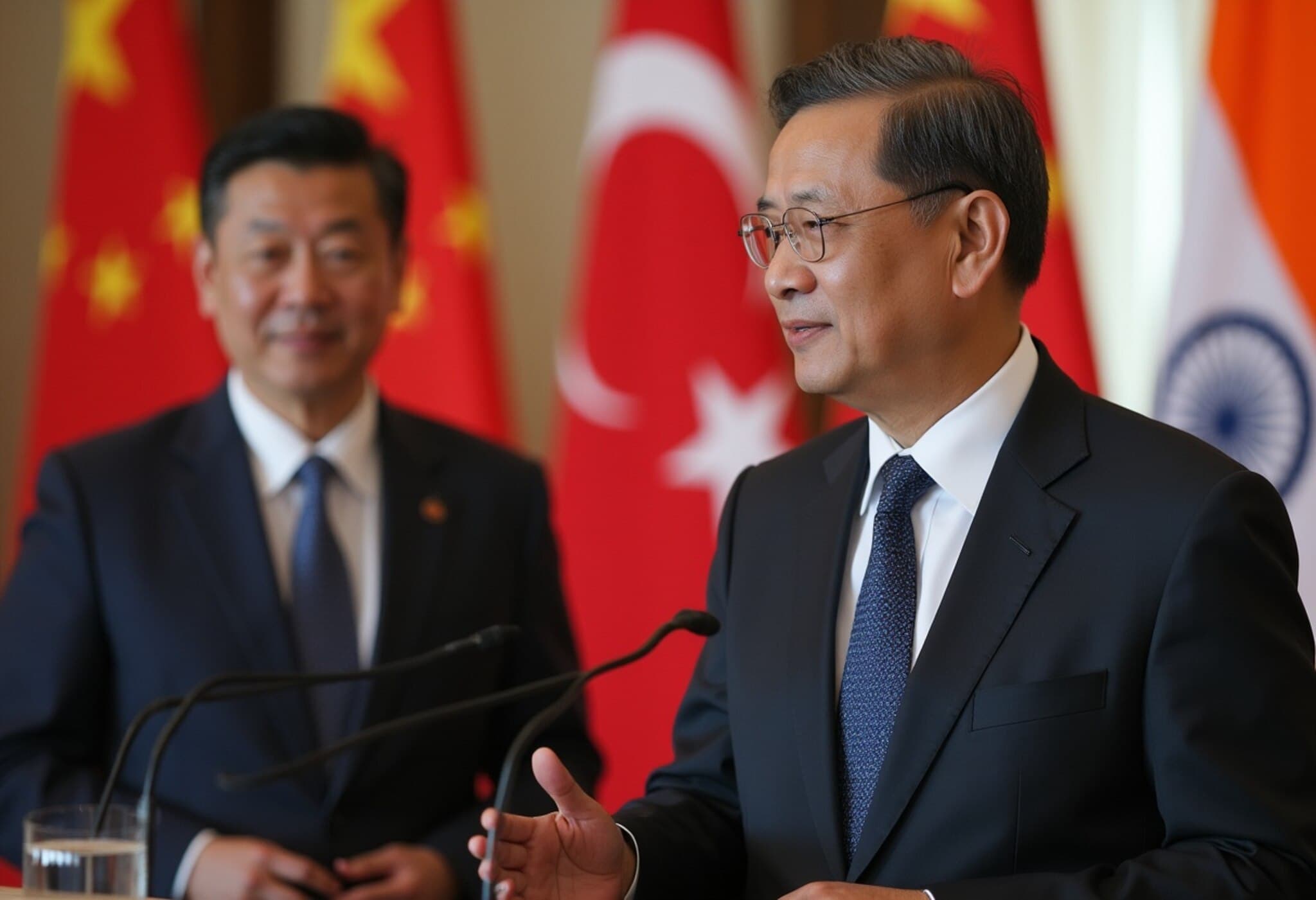EU and Indonesia Take Significant Step Toward Free Trade Partnership
In a pivotal development for international trade relations, the European Union and Indonesia announced a political agreement to move forward with a Comprehensive Economic Partnership Agreement (CEPA). European Commission President Ursula von der Leyen made the announcement during a joint press conference with Indonesian President Prabowo Subianto on July 13, 2025.
Unlocking Untapped Potential in Key Sectors
Von der Leyen highlighted that this agreement is poised to open new markets and create fresh opportunities in vital industries such as agriculture and automotive manufacturing. "There’s a lot of untouched potential in our trade relationship, and therefore this agreement comes at the right time," she noted, emphasizing the strategic importance of the deal amid a rapidly evolving global economic landscape.
The CEPA aims to lower trade barriers, enhance investment flows, and foster deeper economic integration between the EU, one of the world's largest economic blocs, and Indonesia, Southeast Asia's largest economy. This increased cooperation could facilitate growth and resilience, particularly as global supply chains face ongoing challenges.
Indonesia Welcomes Increased European Engagement
Indonesian President Prabowo Subianto reinforced the country’s commitment to welcoming European businesses and investments. He stated, "We consider Europe to be very important to us. That’s why we would like to see more European presence and more European participation in our economy." In an era marked by geopolitical uncertainty and economic volatility, Subianto suggested this partnership sets "a right example" of stable, mutually beneficial cooperation.
Implications and Broader Context
- For the EU: This deal represents a strategic move to strengthen ties with Southeast Asia, diversifying its trade partnerships beyond traditional borders.
- For Indonesia: The agreement promises greater market access for Indonesian products, potentially boosting exports and domestic industries.
- Global Trade Dynamics: The partnership reflects a wider trend of regional trade agreements gaining momentum amid global economic uncertainties.
Experts note that while the political agreement is a critical milestone, finalizing the CEPA will require detailed negotiations addressing tariffs, regulatory standards, intellectual property, and sustainability commitments. Successful implementation could serve as a blueprint for future trade deals balancing economic growth with environmental and social governance.
Looking Ahead: What This Means for Stakeholders
From an American policy perspective, increased EU-Indonesia trade cooperation could impact global supply chains, offering alternative sourcing options for businesses amid U.S.-China trade tensions. It may also prompt the U.S. to reconsider its engagement strategy in Southeast Asia.
For businesses and consumers alike, the deal signals potential benefits such as reduced costs, enhanced product variety, and innovation spurred by competitive markets. However, vigilance is needed to ensure labor rights and environmental standards are upheld as trade barriers diminish.
Key Questions Moving Forward
- How will the agreement address digital trade and e-commerce sectors, which are increasingly critical?
- What measures will be in place to ensure sustainable development throughout the partnership?
- How will this trade agreement influence regional geopolitical dynamics, particularly in the Indo-Pacific?
Editor’s Note
This political breakthrough between the EU and Indonesia marks a hopeful chapter in global trade diplomacy, emphasizing collaboration over conflict amid turbulent times. As the CEPA moves from agreement to implementation, stakeholders must balance economic ambitions with ethical and environmental stewardship. For readers, it's a reminder that trade agreements don’t just reshape economies—they affect livelihoods and the global community’s future.


